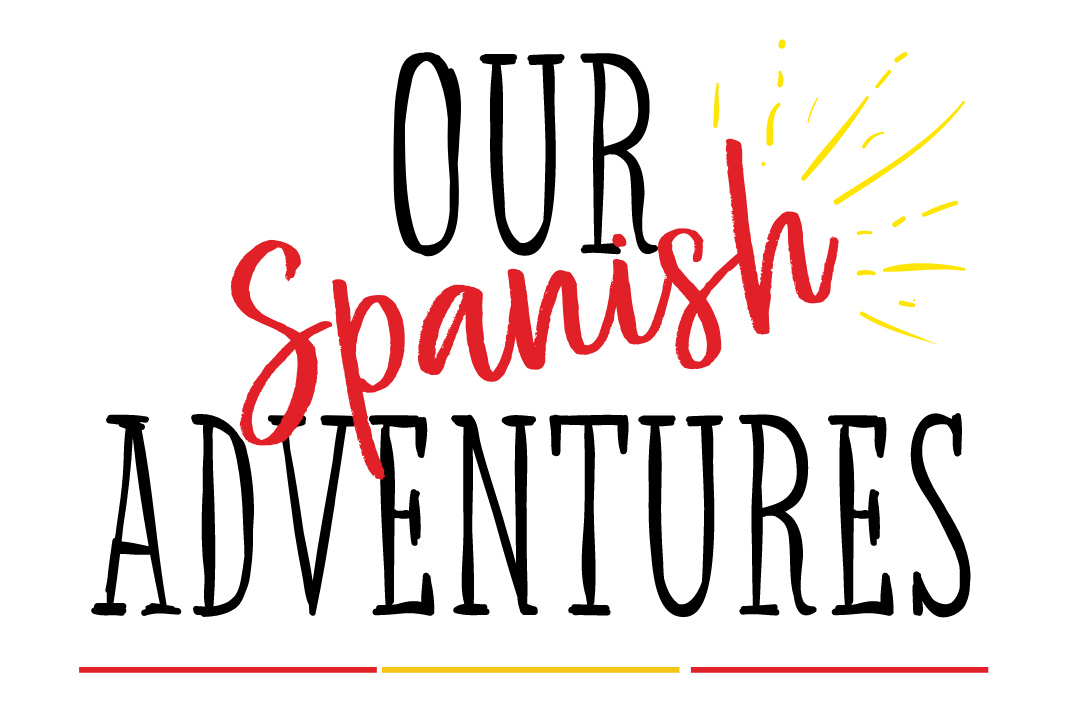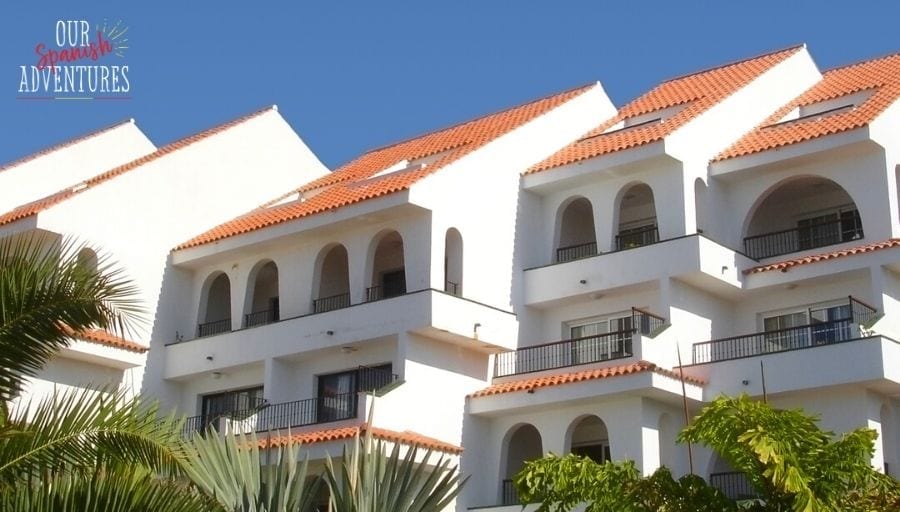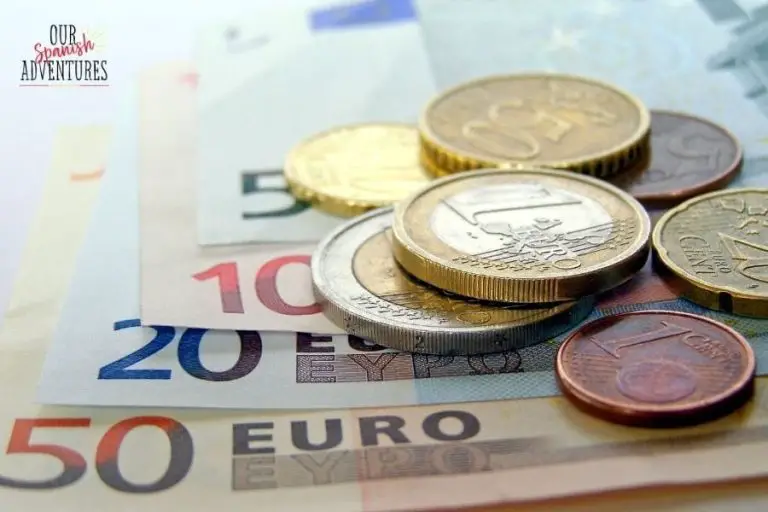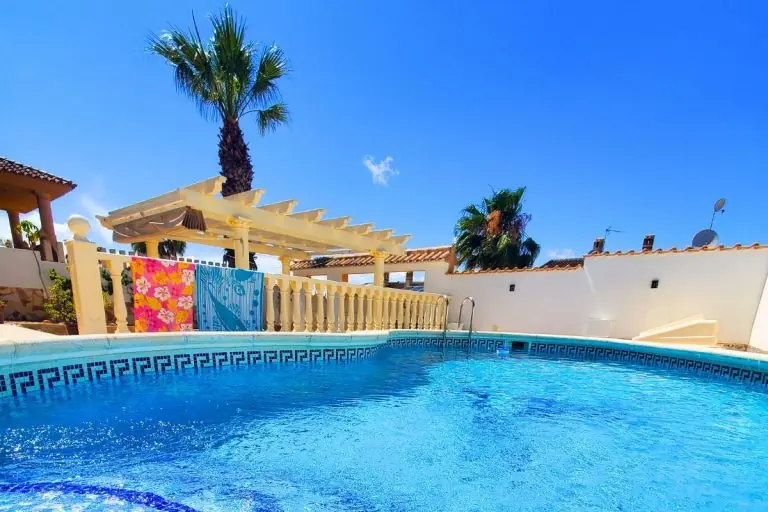Everything you need to know about buying a property in Spain
Buying a property in Spain is very different to buying a property in the UK and if you don’t know what to expect it can be very confusing, not to mention stressful! However, you can find some cheap properties in Spain, so if you have enough for a deposit it’s definitely worth looking into.
Before you start the process of buying a home in Spain, we would always recommend speaking to a local estate agent to make sure you get the latest information for your area as things like fees can vary from region to region.
Below we have listed some of the information you need to know when buying a property in Spain…
Spanish property prices
After the global financial crisis in 2008 house prices in Spain fell by as much as 30% and compared to the UK property prices were extremely low. Spanish property prices have risen quite a bit since then but you are still able to buy a property in Spain for a lot less than in the UK.
For example, here on the Costa Blanca you can buy a decent 2 bedroom apartment for as low as €50,000 or a 3 bedroom villa for around €100,00.
Renting or Buying
When you’re moving to Spain permanently you need to decide whether you’re going to rent or buy. Renting is much cheaper than in the UK but rental properties in many areas are scarce and it’s not easy to find a long-term rental property in Spain, especially in busy tourist areas.
If you plan to buy a property in Spain it’s often a good idea to rent a property on a short-term basis while you search, these are sometimes referred to as Holiday Lets or Winter Lets and can be for around 3 months.
NIE
Before buying a house in Spain you will need an NIE number (Número de Identificación de Extranjería) which is a Spanish tax identification number for foreigners similar to the UK National Insurance number. This is easy to get, see more information here.
Golden Visa
Spain currently offers a ‘golden visa’ for those who invest more than €500,000 in a property or properties. This will make you automatically eligible for Spanish residency which will allow you to live in Spain on a permanent basis.
Getting a mortgage in Spain
Interest rates in Spain are at the lowest for 30 years, making Spain one of the countries with the lowest interest rates in Europe. This means that a mortgage in Spain should cost you a lot less than a mortgage in the UK! Interest rates will be higher for non-residents though so it’s a good idea to sort your residency before you apply for a mortgage.
Spanish banks are very strict when approving a mortgage, and will only lend 70 – 80% of the property’s value, so you will need a decent deposit. To get an 80% mortgage you will usually need to show that you have been living and paying taxes in Spain for at least 2 years.
The bank will pay all set up costs in relation to getting a mortgage but you will need to pay the following fees:
- The valuation fee for the bank to assess the real value of the property, between €300-500
- An arrangement fee, varying from bank to bank, but usually 1-1.5%
Unlike in the UK, you must find a property before applying for a mortgage. After having an offer accepted on a property you can start the mortgage application process.
Mortgage lenders in Spain won’t complete on a mortgage agreement until you actually own the property. This means it’s important to include a clause in the contract allowing you to walk away with your deposit if you can’t get a mortgage in Spain.
Spanish property purchase process
The steps of buying a property in Spain are usually:
- The buyer makes an offer through the seller’s estate agent
- If accepted, the buyer and seller sign a preliminary contract (contrato privado de compravento) and the buyer pays a non-refundable deposit of around 10% of the purchase price
- If required the buyer then arranges a mortgage
- The contract of sale (escritura de compravento) is signed in front of a notary, at which point the full sale price, taxes, and any other costs must be paid
- The keys are received once the contract has been signed and all monies paid
If you’re not living in Spain when the contract of sale needs to be signed you can give a solicitor access to your bank account through a power of attorney so they can go to the bank to collect the bankers’ draft, and then go to the notary to sign in your name, and pay the sale price and any taxes.
Fees
Something that will probably surprise most Brits buying a property in Spain is the high fees!
The buyer will usually pay the majority of the fees with the seller just paying for the estate agent fee of around 3% of the final sale price.
The fees payable by the buyer include include:
- Property transfer tax of between 6–10% for resale properties
- VAT/IVA at 10% for new properties
- Notary costs, title deed tax, and land registration fees of 1–2.5%
- Legal fees of 1–2%
This means that when house hunting in Spain you need to add an extra 10-15% on top of the property sale price in order to ensure you have enough money to cover all the fees as well.
Capital Gains Tax
If you are resident in Spain and you sell a property in the UK, you will be liable to pay capital gains tax in Spain. By law you must declare the profit from any property sale when you file your annual resident tax declaration at the end of the year. Even if you sell a property in the UK before you become a resident in Spain you will still be liable for Capital Gains Tax if the sale falls within the same tax year that you become a resident (the Spanish tax year runs from Jan-Dec).
The amount of Capital Gains Tax payable by all Spanish residents is 19% for any profit on a property sale up to €6,000, 21% for profit between €6,000 – €50,000, and 23% for profits above €50,000.
If the entire profit from your property sale in the UK is reinvested in the purchase of a new home in Spain then you do not have to pay capital gains tax. The property sold in the UK must have been your main residence and the property you are buying in Spain must also be your main residence.
If you’re 65 years old or over and moving to Spain, any profit from the sale of your UK home is exempt from capital gains tax, regardless of whether you reinvest it into a new home in Spain or not. In order to be exempt, the UK property you are selling must have been your main residence and you must have lived there for a minimum of three years before the property was sold.
Paying for your property in Spain
Even if you don’t need to get a mortgage in Spain, you will still need to open a Spanish bank account to pay for your property.
If the money is in your UK bank account you will need to transfer it to your Spanish bank account ahead of the sale completion. The bank draft that you take to the notary to pay the final sale price must come from your Spanish bank account.
You can ask your bank to transfer the money however they will charge you high fees for this. We recommend (and regularly use) Transferwise to send money abroad as you get a good exchange rate and low fees. On a large amount of money like that for buying a house in Spain, you will save thousands on fees by using a money transfer company.
Illegal properties
It’s important to make sure the property you’re buying is legal as it is too easy for dodgy developers to take advantage of foreigners who don’t know the language or the law.
Illegal properties may be when planning permission hasn’t been acquired before building, or when the quality of the property is not up to standard.
You should always check:
- The credentials of any lawyers or estate agents
- The land registry (Registro de la Propriedad) for the property
- That appropriate planning permission has been obtained
- That there are no outstanding debts attached to the property, such as a mortgage
- That the property is as described and structurally sound
If you use a credible lawyer (Abogado) they will check all of this for you as part of their fee.
Property debts
In Spain any mortgage or debt associated with a property is transferred to the new owner when the property sale is completed. Debts may include:
- A Spanish mortgage
- Payments due to a tenant’s association
- Property tax (impuesto sobre bienes inmuebles)
- Outstanding community fees
Online property portals
As well as the websites of any local estate agents there are also several popular Spanish property portals to use in your search for a new home in Spain. These will list all apartments, townhouses, and villas for sale in Spain, making it easy to find properties in your chosen area:
As always, it is best to talk to the professionals before you part with any money. Find a reputable estate agent and lawyer to help you find the perfect (and legal!) property and make sure all necessary checks are done on the property.
If you are buying a house in Spain we hope you find your perfect Spanish home!








